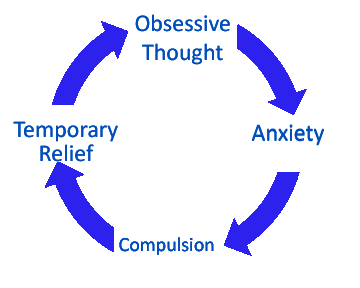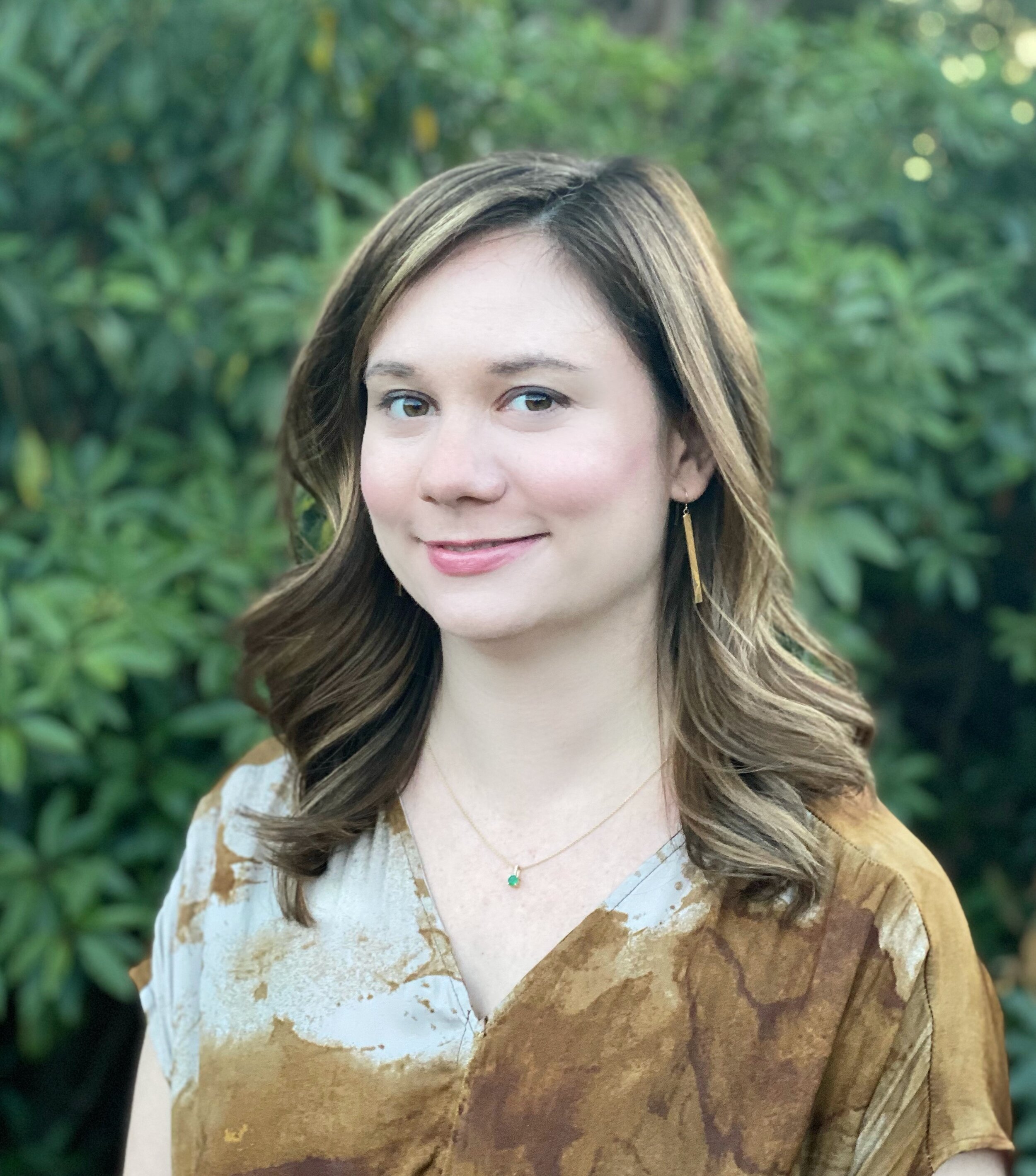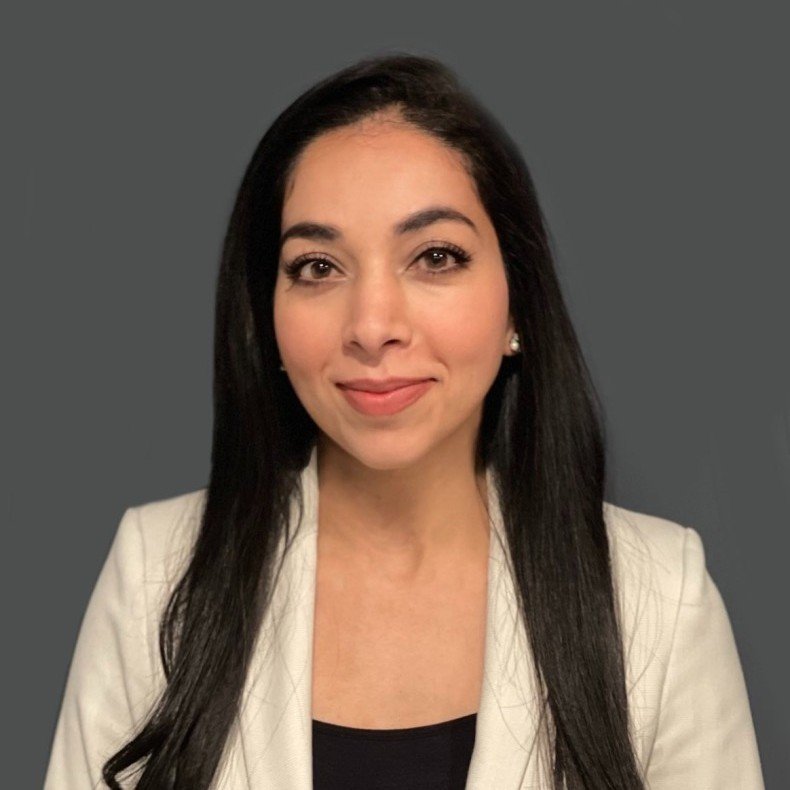
Therapy for Obsessive Compulsive Disorder (OCD)
LOS ANGELES, CALIFORNIA & ONLINE
Gain Freedom from Obsessions & Compulsions
Obsessive Compulsive Disorder (OCD) occurs when a person gets caught in a cycle of obsessions & compulsions that are time-consuming & significantly interfere with functioning. OCD can be thought of as a protective response that was initially formed to gain control in the face of external stress, chaos & uncertainty & now creates more problems than it solves.
Obsessive Compulsive Personality Disorder (OCPD) is a personality organization based on orderliness, perfectionism & control that becomes rigid & inflexible. OCPD is less about specific obsessions & compulsions & more about overall personality.
OCD & OCPD do not respond well to traditional talk therapies. Behavioral & somatic interventions such as Exposure & Response Prevention (ERP) are needed to face avoidances, resist compulsions & break through rigid patterning. One of the most important types of exposure is the interoceptive exposure, which builds tolerance for distress & uncertainty—the core issue behind all OCD. Once you are able to sit with the feelings of anxiety that underlie your OCD, your OCD loses energy & relevance & fades away.
Thankfully, when your OCD loses power, you do not lose the skills & abilities that you have built up, such as attention to detail or domain expertise. To the contrary, you free up energy to become more effective & powerful in your life.
If you’re struggling with OCD or OCPD, you can reach out for a free consultation to discuss your situation & what may be possible for you.
Types & Symptoms of OCD
Types of OCD
Contamination: Obsessions focusing on germs, dirt & cleaning.
Perfectionism: Obsessions focusing on things being perfect, symmetrical or exact.
Responsibility: Obsessions focusing on responsibility for causing harm.
“Just Right”: Obsessions focusing on completing an action until it feels “just right”.
Harm/aggression: Obsessions focusing on the potential to commit violence.
Sexual orientation and gender identity: Obsessions focusing on determining sexual orientation and/or gender identity.
Pedophilic: Obsessions focusing being a sexual predator.
Relationship: Obsessions focusing on determining love for a partner, compatibility or a partner’s level of interest.
Scrupulosity: Obsessions focusing on religion,sinning or morality.
Hyperawareness: Obsessions focusing on bodily functions and sensations.
Symptoms of OCD
Obsessions: Persistent, intrusive, and unwanted thoughts, images, or urges that cause distress or anxiety.
Compulsions: Repetitive behaviors or mental acts performed in response to obsessions, aimed at reducing anxiety or preventing a feared event or situation.
Anxiety: Intense and persistent feelings of fear, panic, hyperarousal & muscle tension related to obsessions.
Guilt or shame: Particularly if obsessions or compulsions involve taboo or socially unacceptable thoughts or behaviors.
Intrusive thoughts: Unwanted thoughts that intrude into consciousness causing significant distress or discomfort.
Perfectionism: Excessive concern with correctness leading to rigid standards and persistent dissatisfaction with performance or outcomes.
Avoidance behaviors: Efforts to avoid situations, objects, places, people, or activities that trigger obsessions or compulsions.
Physiological dissociation: Reduced sensory & body awareness resulting from obsessions or compulsions.
Treatment for OCD
We provide both exposure & response prevention (ERP) & somatic therapy to affect OCD patterns.
ERP is a behavioral approach. You cannot control your thoughts or feelings, but you can control your behavior. When you change your behavior with enough support, you develop new neural pathways & your thoughts and feelings change.
Every time you go around the obsession-compulsion loop you feed your OCD, making it stronger. To disrupt this, we provoke anxiety & experience the feelings while resisting compulsions. This starves your OCD, which grows weaker.
Together, we design a graduated hierarchy of exposures to the things you avoid or struggle with & then we slowly work up the list together. Gradually, you build up the ability to stay with discomfort & do hard things. We show your OCD that you are a lot stronger & more capable than it believes.
Somatic therapy treats the root cause of OCD, which is the underlying anxiety or bound survival energy that is behind your OCD pattern. We show you practices that support nervous system regulation. These practices allow anxious energy to discharge, bringing you to a restful, parasympathetic state. Over time, your nervous system learns to do this for itself and becomes self-regulating & your OCD loses energy & relevance.
Lastly we help you build a personalized tool-kit for managing your OCD for when it does show up again, so that you don’t have to worry in advance.
Hear What Clients Are Saying
Embark on Your Healing Journey
Contact us today. We have a diverse group of therapists who can provide in-person therapy in Los Angeles and online coaching around the world.
We would be happy to answer your questions and support you as you take your first steps toward an OCD-free life.
Beyond Psychology Team


























